Posted on 9/26/2025
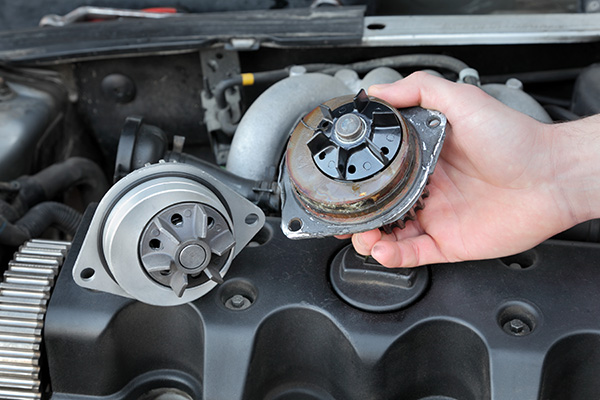
European vehicles are known for their refined performance, responsive handling, and advanced engine technology. Many of them use turbocharged engines to boost horsepower without increasing engine size. While these engines are efficient and powerful, they tend to burn more oil than naturally aspirated engines. For many European car owners, this is a frustrating and sometimes confusing issue. Understanding why it happens can help you protect your engine and avoid long-term damage. Why Turbocharged Engines Use More Oil A turbocharger forces more air into the engine’s cylinders, which increases combustion and power output. This process also increases heat and pressure inside the engine. To cope with those demands, turbocharged engines often require tighter tolerances and more lubrication. More heat means more thermal stress on seals and gaskets. Over time, that stress may allow small amounts of oil to escape and burn. In addition, oil is used to cool and lubricate ... read more
Posted on 8/29/2025
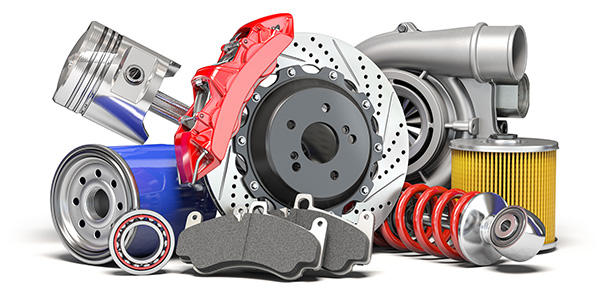
Owning a Porsche is about more than going from point A to point B. These vehicles are renowned for their precision engineering, performance, and luxury, offering a joyous and unforgettable driving experience. As a result, every component plays a crucial role in maintaining the car’s overall balance and reliability. When it comes to repairs or upgrades, one of the most common questions Porsche owners face is whether aftermarket parts are a safe alternative to factory (OEM) parts. Understanding the differences helps drivers make the right choice for both performance and budget. What Are OEM Parts OEM stands for “Original Equipment Manufacturer.” These parts are made by or for Porsche to match the specifications of the original components in your vehicle. OEM parts are designed to ensure compatibility, durability, and performance. With OEM, you’re essentially replacing like-for-like, which ... read more
Posted on 7/29/2025
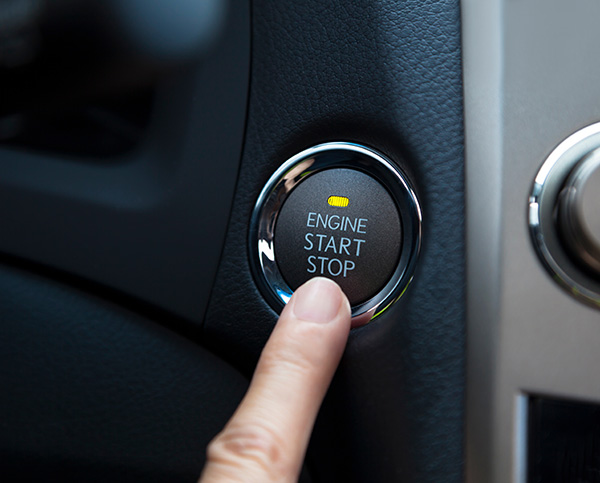
Start-stop systems are designed to save fuel and reduce emissions by automatically shutting off your engine when your vehicle comes to a complete stop, such as at a traffic light. When you lift your foot off the brake, the engine restarts automatically. But what happens when this feature doesn’t work as expected in your Volvo? If you’ve noticed that your Volvo’s start-stop system isn’t activating or is behaving inconsistently, it could point to a variety of potential issues. While not always serious, these malfunctions are often signs that something in the system needs attention. How Volvo’s Start-Stop System Works Volvo’s start-stop system is part of its larger efficiency and emissions strategy. Your vehicle’s computer manages the feature and depends on multiple inputs to determine whether the engine should stop and when it should restart. Factors like battery health, engine temperature, cabin temperature settings, and brak ... read more
Posted on 6/27/2025
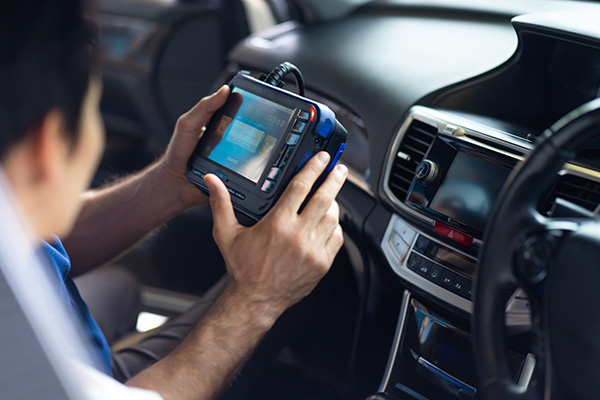
European vehicles are known for their performance, precision engineering, and cutting-edge technology. Brands like BMW, Audi, Mercedes-Benz, and Volkswagen set the bar high when it comes to quality. However, with that elevated standard comes the need for specialized care, particularly in diagnostics. If you drive a European model, using generic scan tools or visiting just any repair shop may not be enough to identify and resolve issues effectively. The Complexity of European Vehicle Systems European vehicles are often at the forefront of innovation when it comes to electronics and integrated systems. From advanced driver-assistance features to turbocharged engines with tight tolerances, every component is part of a carefully engineered network. These systems rely on dozens of sensors and modules communicating constantly with one another. This complexity means that basic scan tools may not have access to the full range of diagnostic codes or modules in a European car ... read more
Posted on 5/30/2025
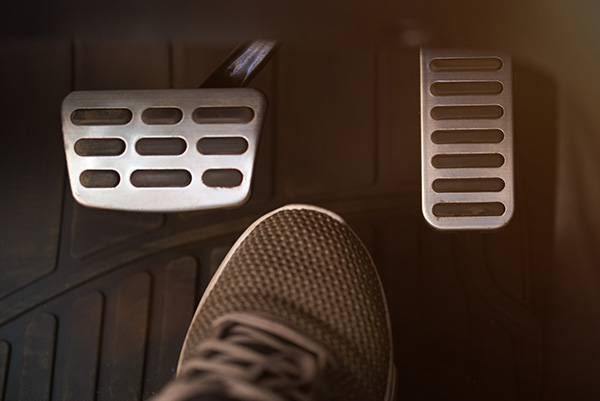
You step on your brake pedal expecting a smooth, easy response, but instead, it feels stiff, hard to press, or unresponsive. This can be both alarming and dangerous. A brake pedal that resists pressure is more than just a nuisance. It's a warning sign that something is wrong with your braking system. If left unchecked, it can lead to unsafe stopping conditions or even complete brake failure. A firm brake pedal may seem like a sign of strength, but in most cases, it's the opposite. Let’s take a closer look at why this happens and what it might mean for your vehicle’s safety. The Role of the Brake Booster Most modern vehicles use a brake booster to assist with stopping power. This component sits between the brake pedal and the master cylinder, and it uses either engine vacuum or hydraulic pressure to amplify the force from your foot. Without it, sto ... read more